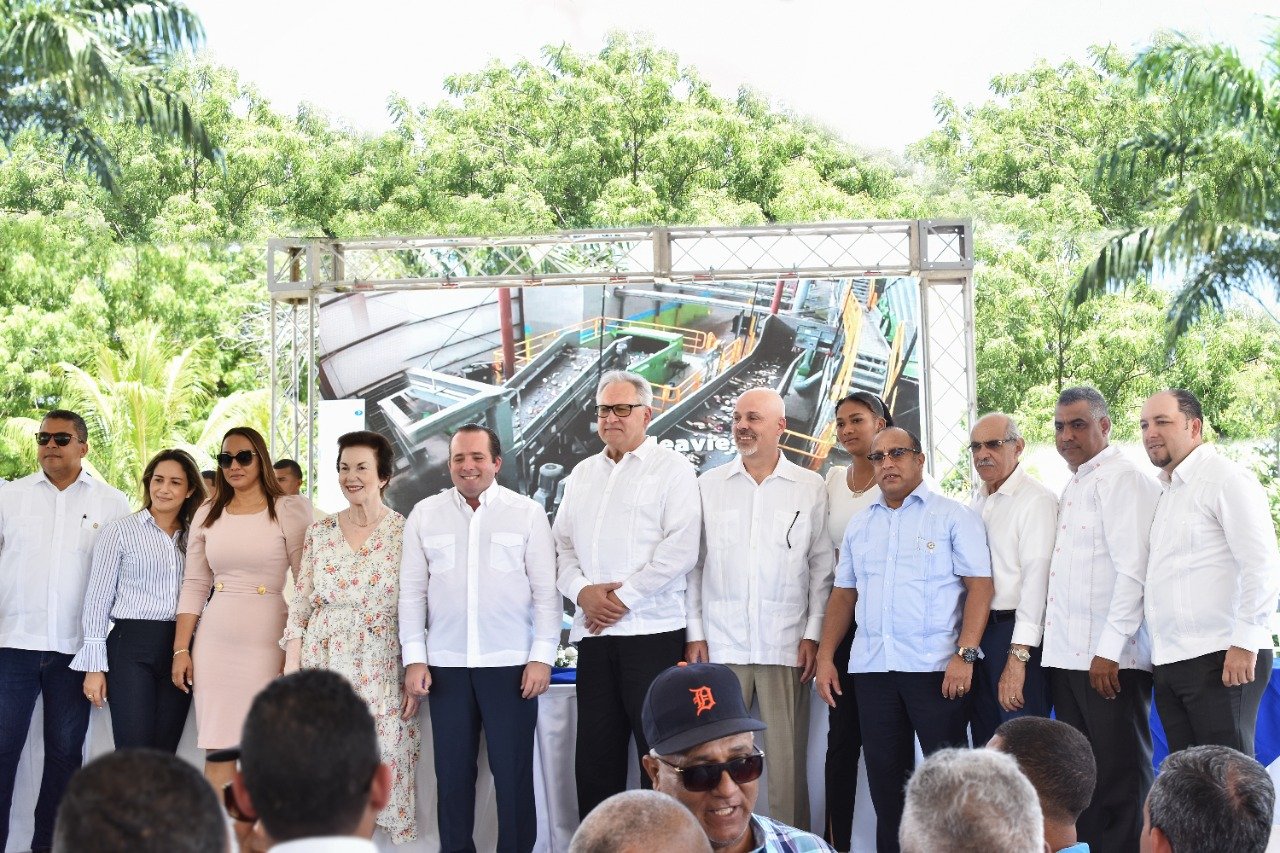Trash to Fuel:
The world has a problem with trash. From the depths of the oceans to the highest peaks there is no part of the globe where one cannot find man-made waste. Ridge Patrners LLC is concentrating on solving this problem in Latin America and the Caribbean. It’s what we do. The problems we are addressing are made worse by the following factors:
Landfill space is limited. In most countries organized trash collection systems are non-existent. In low-income countries, over 90% of waste is often disposed in unregulated dumps or openly burned (Source: IDB). Lined landfills are rare; chemicals and toxins leach into the soil, runoff contaminates rivers and ground water, making people sick, and contaminated irrigation reduces food production.
Household waste, which makes up the majority of landfill material is a breeding ground for pathogens, the smell is horrible and scavengers spread the filth and germs.
Recycling programs affect a very small percentage of the overall volume of municipal solid waste (MSW)
Human populations are expanding and land for new landfills is very hard to come by when an existing dump is full.
Landfills and dumps are frequently subject to fire which burn uncontrollably polluting the air, making people sick and endangering surrounding populations.
Solid waste per person is projected to increase by 70% in the period from 2016 to 2050 (Source: IDB).
At the other end of the spectrum, energy is in short supply. Latin America and the Caribbean are largely dependent on diesel fuel as their primary source of fuel for transportation. Cars, trucks, buses, earth-moving and construction equipment, ships, barges and trains are primarily consumers of diesel fuel.
In countries where the electrical grid is subject to blackouts and service interruptions, back-up generators are large consumer of diesel.
A lot of the Smaller nations especially the Caribbean islands have no domestic sources of oil and must subsidize fuel imports in order to keep their economies running. This has deleterious effects on their balance of trade.
Our process produces synthetic renewable diesel fuel which meets the ASTM 975 diesel specification as well as the EPA CFR Part 79 as R100 fuel and IRS part 637 as renewable diesel. Our fuel is produced in the places where it is consumed offsetting the balance of trade caused by imported fuel.
The concept is simple, we turn trash into fuel and that is an idea that everyone can understand even if the science does get a little complicated.











